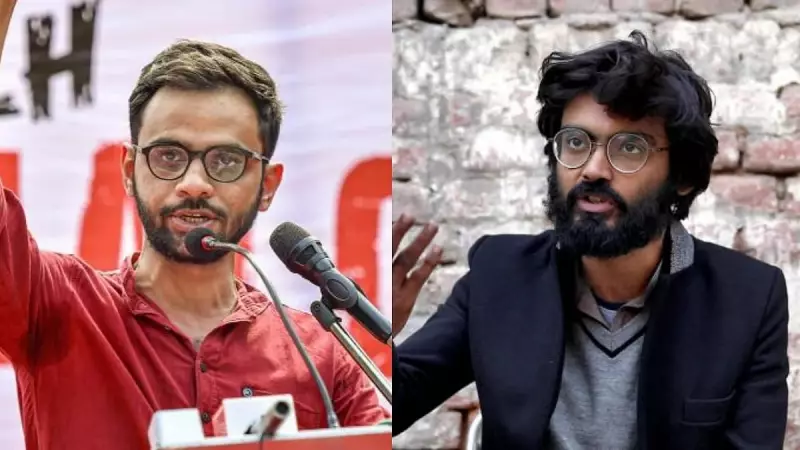
In a significant development that has captured national attention, the Supreme Court of India has decided to examine the bail applications of two prominent activists embroiled in the contentious 2020 Delhi riots case. The legal fortunes of Umar Khalid and Sharjeel Imam now rest with the nation's highest judicial authority.
The Legal Proceedings Unfold
A special bench comprising Justice Bela Trivedi and Justice Pankaj Mithal has formally admitted the petitions for hearing, setting the stage for what promises to be a closely watched legal battle. The court has directed its registry to promptly schedule the matter, ensuring these crucial cases receive timely judicial attention.
Background of the Case
Both activists face serious charges under the stringent Unlawful Activities (Prevention) Act (UAPA), with allegations centering on their purported involvement in the larger conspiracy behind the February 2020 communal violence that shook Delhi. The legal journey has been arduous for both individuals, who have spent considerable time in judicial custody while their cases wind through the judicial system.
Previous Judicial Setbacks
The road to the Supreme Court has been paved with previous legal disappointments. The Delhi High Court had previously rejected bail for both petitioners, with separate benches delivering judgments that maintained their continued detention. These rulings cited the seriousness of the allegations and the nature of the evidence presented by investigating agencies.
Current Legal Status
Legal experts following the case note that the Supreme Court's decision to entertain these petitions marks a critical juncture. The apex court's interpretation of the evidence and its reading of the UAPA provisions in this context could have far-reaching implications for similar cases across the country.
As the legal machinery grinds forward, human rights organizations and civil society groups continue to monitor these developments closely, seeing them as a test case for the application of anti-terror legislation in scenarios of civil unrest.
The coming weeks are expected to bring clearer timelines for the actual hearing, with legal teams on both sides preparing their arguments for what could become a landmark decision in India's legal landscape.






